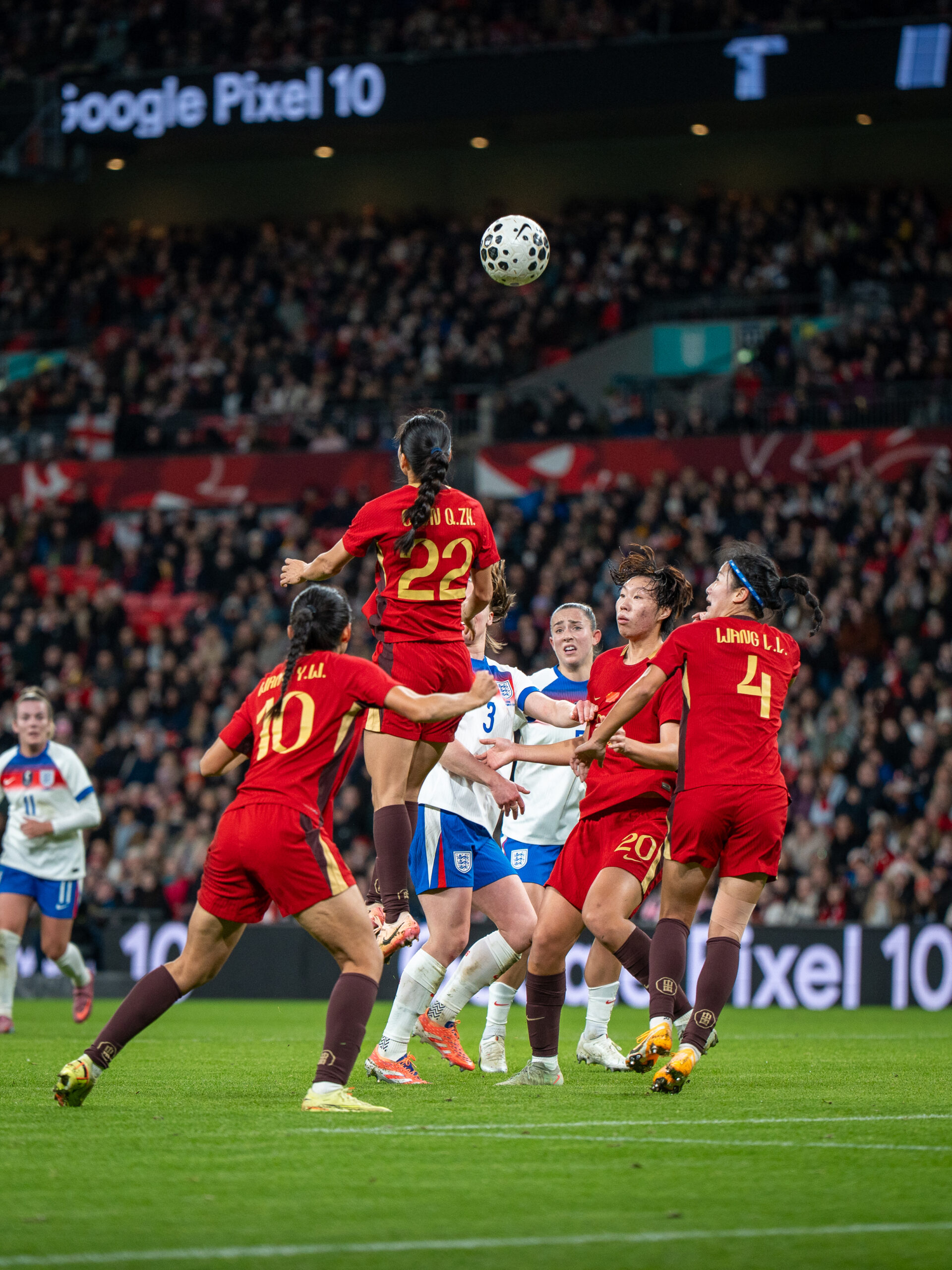As women’s football gains traction and popularity, clubs and federations are rightfully giving females the opportunities and funding that they have been lacking for decades. While it is obviously wonderful that there are more and more clubs for girls, there are many things to consider.
Gender-specific clubs divide kids unfairly, forcing an unnatural feeling of difference. They also alienate non-binary or questioning kids, often deterring them from joining or continuing their passion at all. It would benefit kids before puberty and physical differences start becoming apparent, to play together.
Often, co-ed teams are formed out of necessity– a girl has to join the boys because she can’t play anywhere else. This issue is more prevalent in some countries than others. The Matildas, for example, have a golden generation of stars who grew up playing with boys– and it’s not a coincidence that they’re so good.
Playing as a girl with mostly boys, although it is mentally and physically tough, molded these players to be stronger, faster, and smarter. They had to work harder to gain respect, use their smarts to combat their physical differences, and develop their skills to outplay their opponents.
Caitlin Foord is a prime example of what good playing with boys can do. Her trademark physicality clearly comes from her playing history, learning to match up with the boys. Foord said in a podcast interview,
“When I was in the boys team, they wouldn’t pass me the ball if I didn’t prove myself or go put in a tackle, to show that I’m here to play too…If I was with the girls it would have been too easy, in a way.”
Steph Catley is another star who benefited from kicking it about with the boys. The Matildas Vice Captain played with her brother and the local boys’ team from age 6 until she was 13. She said on Goal Click,
“I was the only girl in a boy’s team for six years. I loved the challenge, I loved proving people wrong, I loved winning but mostly I loved getting better.”
Australia’s feisty fullback, Ellie Carpenter, learned her speed and skills from playing with boys. “Playing with the boys definitely helped me physically,” she says.
“If I didn’t start with the boys I don’t think I would be the player I am today. I had to be stronger and faster, otherwise you couldn’t keep up. I played with them until I was 12 or so and I say to young girls these days to try and stay with the boys as long as you can.”
Although the mental health of these players is certainly a concern, Carpenter’s mother, Belinda, shared in an interview that her daughter’s experience was great. “Ellie was fortunate enough to be included in the Met West boy’s squad. They were the most inclusive group of parents and players supporting the girl from the country and treating her so unbelievably well. She loved the challenge and worked hard.”
Emily Van Egmond even got into football, playing with the boys after taking her twin brother’s place in the team when he refused to go on.
Girls playing on boys’ teams doesn’t only benefit girls; the difference it can make for boys is remarkable. Often, boys grow up with sporting heroes such as Cristiano Ronaldo or LeBron James, who are a stereotypical picture of masculinity and strength. Many kids lack strong female role models, especially in the sporting world. Playing with girls can teach young boys that girls can excel at sport too; that women are tough, strong, and complex.
As the Matildas increasingly become the face of sport in Australia, their impact transcends gender. Little boys saying “I want to be a Matilda when I grow up” or “are there boy Matildas?” show that role models of any gender can inspire kids to follow their passions.
With record registrations in youth football, kids of all identities should have the opportunity to play together. From developing speed and strength to mentality and smarts, co-ed teams can only bring positive growth in football, if clubs and organisations can put inclusivity and nurturing at the forefront of development.
Photo – @amys.shots



